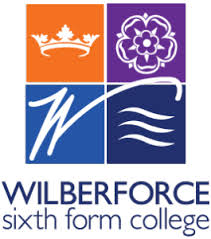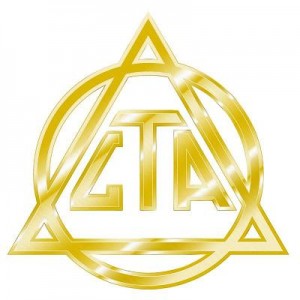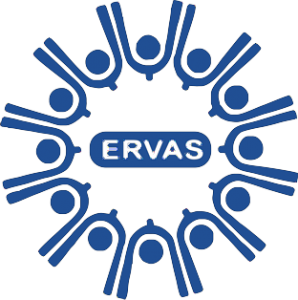After a student finishes year 11 there are a vast array of options available for them to consider. In 2013 the government introduced legislation around Raising the Participation Age.
Click here for a parents guide on Raising the Participation Age.
The options available to students can be put into a few groups:
Sixth form college
Students who choose this route would mainly study A-level subjects.
The entry requirements are, generally, grades 5 or 6 across a range of GCSEs. However, each institution will have it’s own entry requirements.
In the local area there are several options for this route.
Here are a few of them. Click on the logo to go to the website.
Details of the courses on offer, at these colleges and the others in the local area, can be found on Log On Move On.
Further Education (FE) college
Students who choose this route would predominantly study vocational, or work based, courses.
The entry requirements for courses at these institutions depend on the level of course being studied.
We are fortunate to have excellent colleges in and around Beverley. Click on the logo to go to the website.
Again, go to Log On Move On for details of what these colleges (and others) offer
Other training provider
This route is similar to FE college, but these training providers tend to specialise in one or two areas.
The entry requirements for these courses depend on the level of course being studied.
There are many specialist training providers in the local area. Here are a few examples, click on these logos to find out more.
Go to Log On Move On for details of the wide range of specialist training providers.
Apprenticeship
Students who choose this route would be mainly based in a place of work. They would also go to college for a day or two a week to study.
Apprenticeships are available in a wide range of careers. Most apprenticeships require young people to have a range of GCSEs at grades 4 and above including English and Maths.
Young people are paid and rates of pay vary from one apprenticeship to another.
This short video explains the features of an apprenticeship.
Here is more information about apprenticeships
Here is a video about apprenticeships in STEM (Science, Technology, Engineering and Maths)
Here are some useful documents about apprenticeships:
Click on the logos to find out more about apprenticeships.
Work
This option is becoming increasingly difficult to find for 16-18 year olds.
It is recommended that you look for a job that has some training alongside it, so that you can develop your skills at the same time.
Volunteering
This can be a good way of developing skills.
Click the logo to find out about local volunteering opportunities.









![Modern Apprenticeships Logo [Converted]](http://www.beverleygrammar.co.uk/news/wp-content/uploads/2015/10/Apprenticeships-Logo-300x154.jpg)



